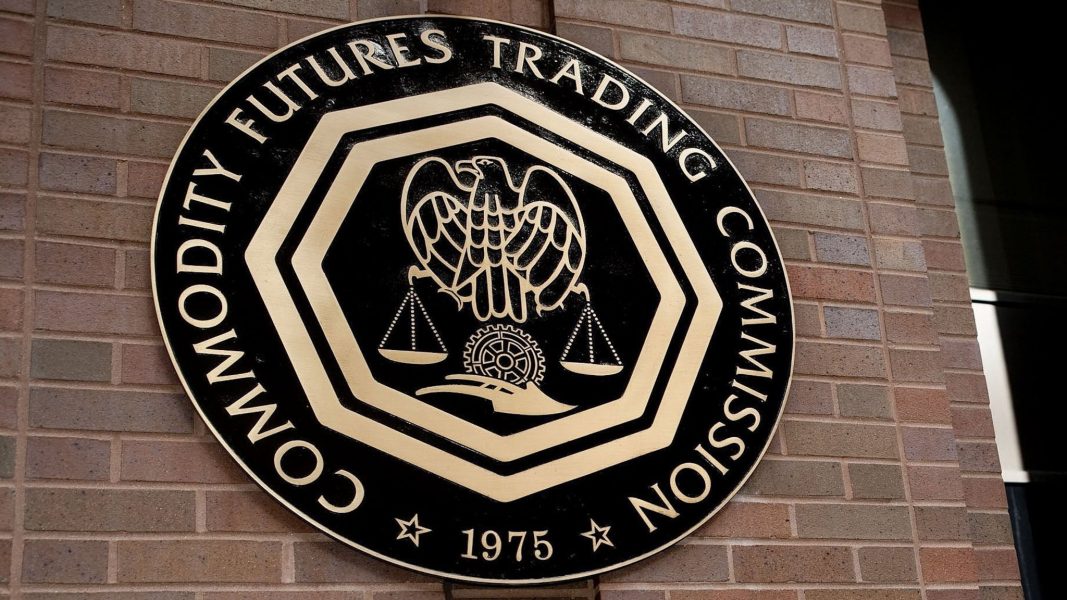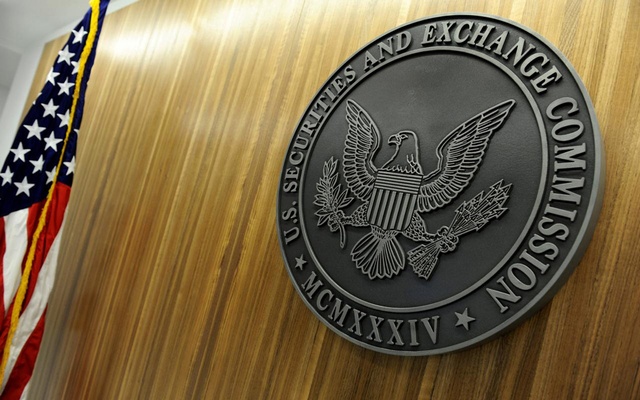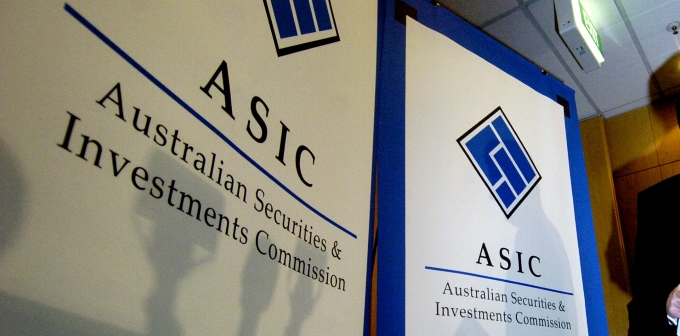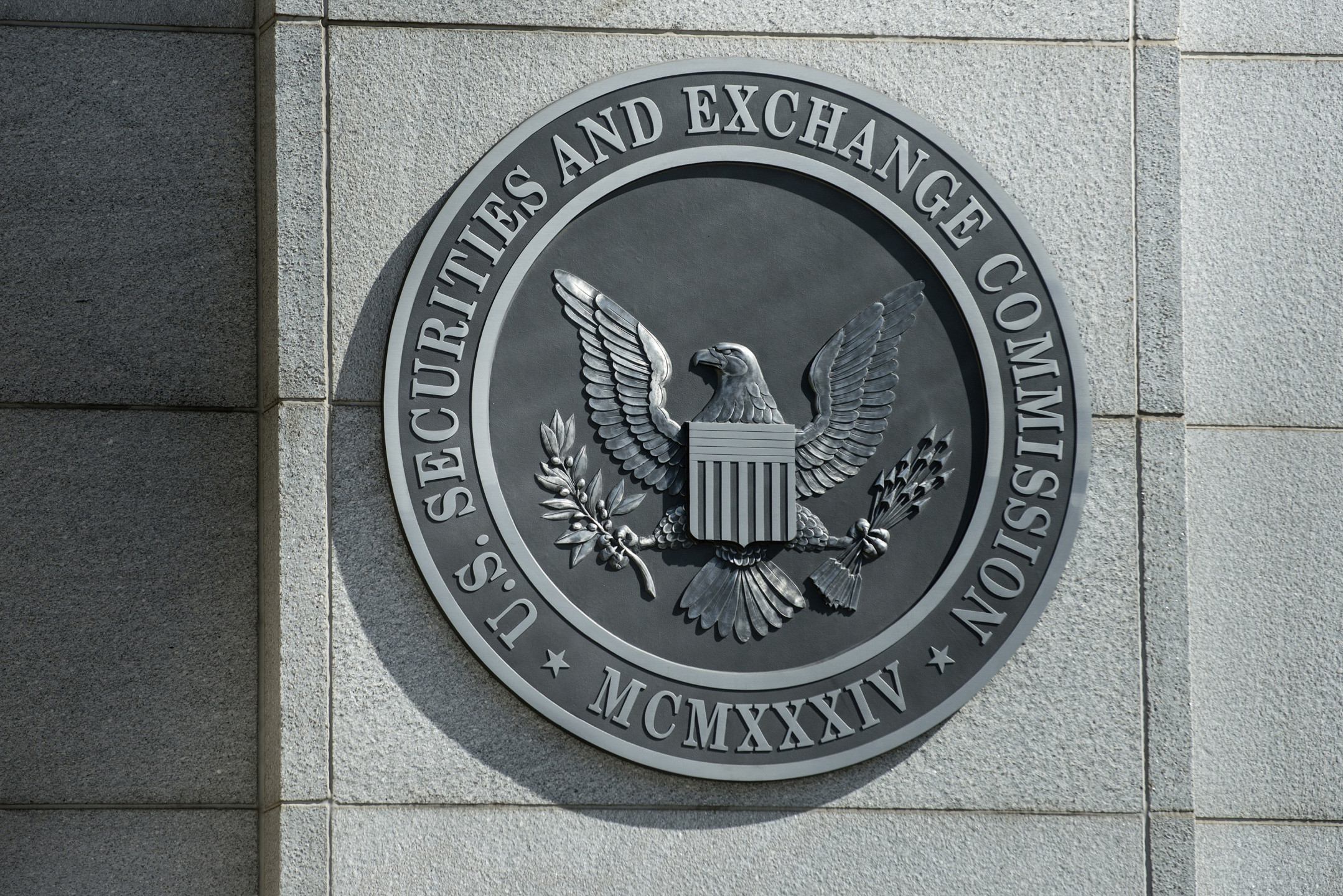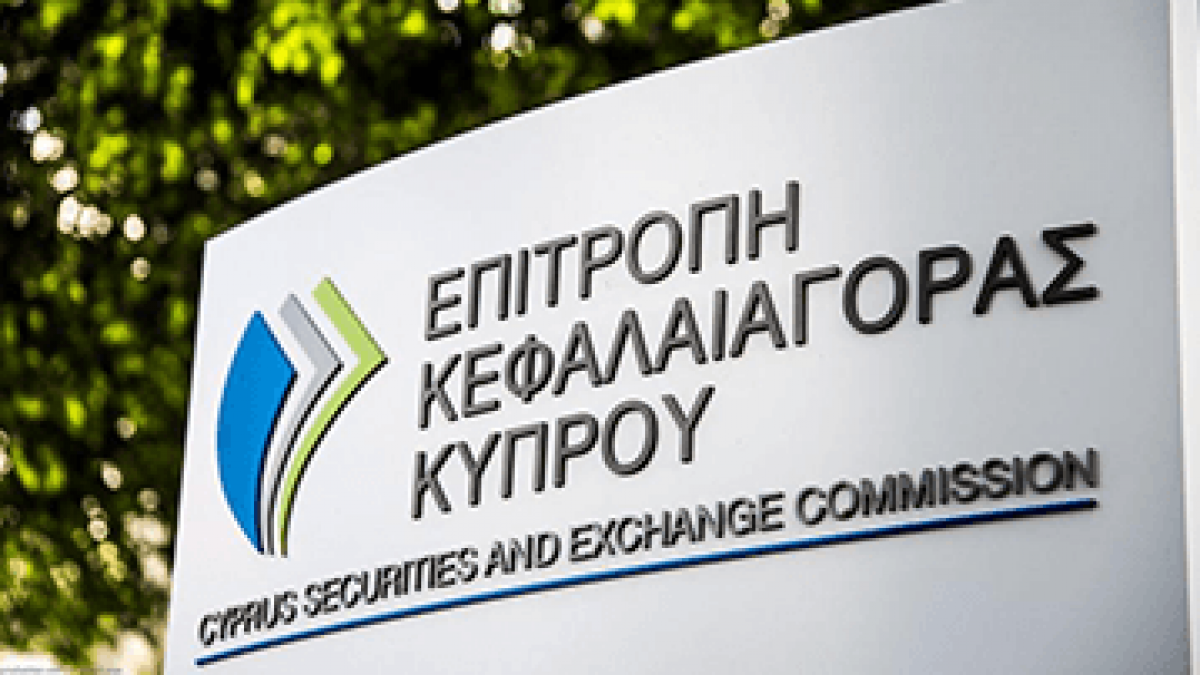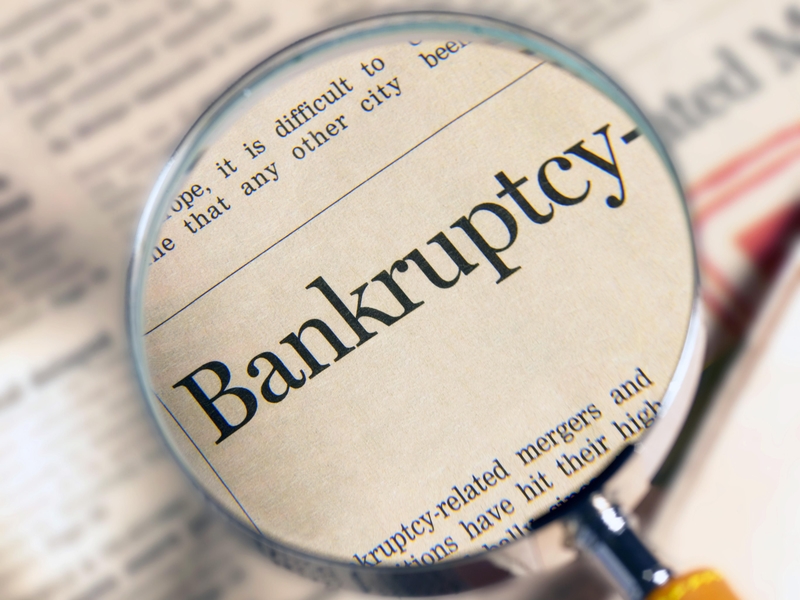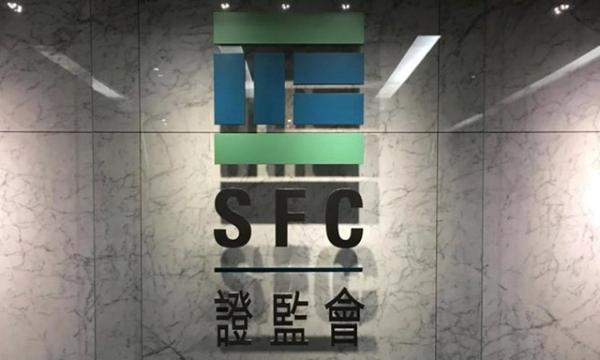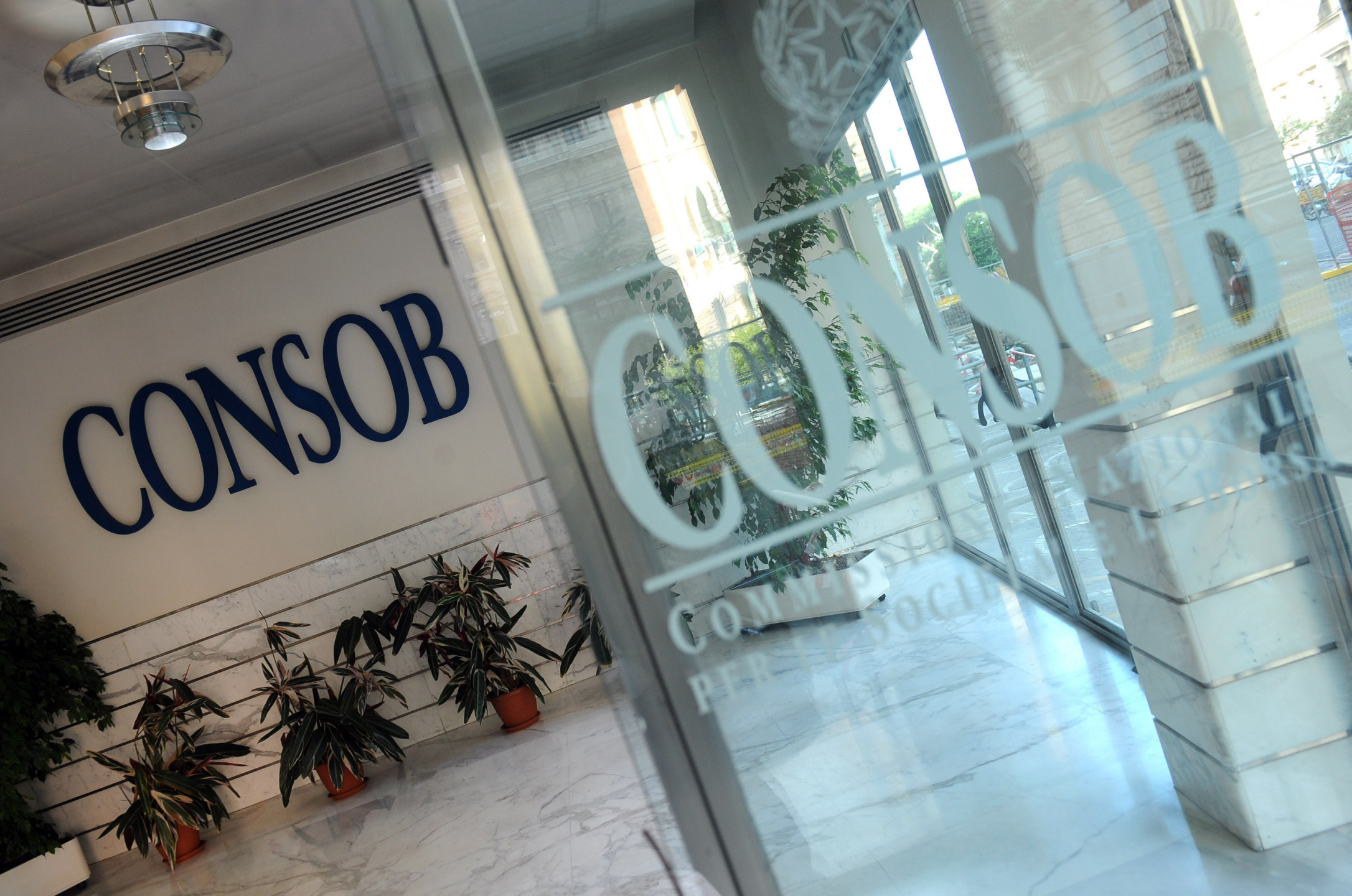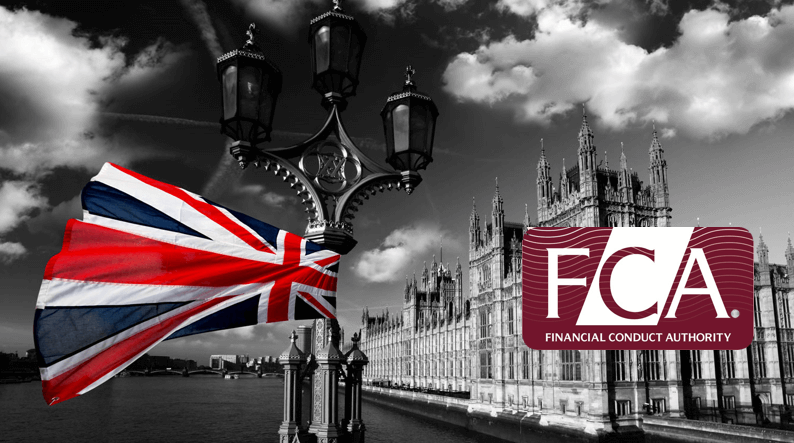Regulation
Get Real-time forex regulatory updates from FCA, CySEC, ASIC, FSCA, and other important regulatory guidelines. Keep tabs on Regulator News with AtoZ Markets
AtoZ Markets provides detailed and timely Forex, Cryptocurrency and ICO regulation news. News & updates on FCA, SEC, CySEC, ASIC and other local regulators.
Whenever we talk about financial markets such as forex, we must always make sure that our forex broker is regulated in the place where we have our investments.
A regulated broker complies with the standards, rules, and certificates established by one or more financial regulatory bodies.
An unregulated broker, first of all, does not have the authorization to provide the financial services it provides, so this is already a big problem for traders.
In addition to this, an unregulated broker means that it does not have anybody to control its activities, and can take advantage of traders' ingenuity.
That is why on our Market Regulation page we always keep in touch with the main regulators in the world to be able to tell you the warnings and big announcements they make about the forex.
In general, we like to be able to tell you the big news about the global financial markets, and all those news of great relevance in this sector.
How is the forex market regulated?
The Forex market is the largest financial market in the world. However, unlike other markets such as futures or equities, there is no centralized authority responsible for supervising and regulating the activities of this sector.
The role of regulation generally falls to specific government agencies in each country or region. These regulators of the Forex market act as supervisory agencies, which license and set standards for Forex brokerage firms and other major market players.
In addition to having to comply with the requirements of maintaining a minimum capital in their accounts, top-tier regulated Forex brokers must maintain a separate account for client funds.
Do You Know the Main Forex Regulators in the World?
When investing in the currency market or Forex market, it is important to know the regulation that exists in each country on this type of market. The above, since it is the only way where the rights of investors would be guaranteed.
A regulatory entity has the function of controlling, supervising, and establishing preventive measures on Forex and CFD brokers.
Below you will find a list of the main regulatory agents worldwide:
In the United States
- Financial Industry Regulatory Authority (FINRA)
- Federal Deposit Insurance Corporation (FDIC)
- Securities and Exchange Commission (SEC)
- Commodity Futures Trading Commission (CFTC)
- National Futures Association (NFA)
In the UK
- Financial Conduct Authority (FCA)
In the Eurozone
- European Securities and Markets Authority (ESMA)
In Spain
- National Securities Market Commission (CNMV)
In Australia
- Australian Securities and Investments Commission (ASIC)
In Japan
- Financial Services Agency (FSAJ)
- Securities and Exchange Surveillance Commission (SESC)
Other regulatory agents
- Cyprus Securities and Exchange Commission (CySEC)
- Investment Industry Regulatory Organization of Canada
- Financial Services Board (FSB)
- Cayman Islands Monetary Authority (CIMA)
- British Virgin Islands Financial Services Commission (BVIFSC)
What are the rules for brokers in the UK?
To obtain a dealer license, which is also known as a market maker, the minimum capital requirement is 730,000 euros. The second type of license commonly used for STP (Straight Through Processing) brokers is called an intermediary license. And for this license, the minimum capital requirement is 125,000 euros.
On the other hand, it is also possible to obtain a restricted broker license, which provides for the marketing of financial products and services to the investing public. These companies must comply with the requirement of having a minimum capital of 50,000 euros.
Cyprus Securities and Exchange Commission (CySEC)
One of the regions most commonly used by Forex brokers to establish their base in Europe is Cyprus. This is due to the great tax benefits that this country provides.
CySEC is the financial authority founded in 2001 in Cyprus, and is in charge of the supervision of investment markets and stock market trading.
In recent years its mission has been recognized especially in the European Union, as it has tightened the requirements for Forex companies.
Who regulates the Forex market in Australia?
Australia is a major growth center for activities related to online financial markets. ASIC (Australian Securities and Investments Commission) is the regulatory agency that oversees Forex brokers.
ASIC is one of Australia's two financial services regulatory bodies, the other regulatory body is APRA (Australian Prudential Regulation Authority).
ASIC was founded in 1998, and its duties and responsibilities have grown enormously over the last few years. It is currently responsible for overseeing all operations in the foreign exchange market, the ASX securities market, the credit markets, and all matters relating to the exchange market.
To obtain an ASIC license as a Forex broker, a company must meet a capital of at least one million dollars. In addition to this, all client funds must be held in segregated accounts at top-tier banks.
Brokers must also file annual returns, and the company must provide education to traders and investors about the financial markets.
How does Forex work in the United States?
Forex is legal to trade, and U.S. Forex brokers are regulated by the National Futures Association (NFA), and the Commodity Futures Trading Commission (CFTC).
The CFTC was established in 1974 to protect individual investors participating in the futures markets. The scope of the institution has been extended to currency trading in the spot Forex market. The CFTC's ultimate goal is to create a fair and equitable financial marketplace for all traders and investors.
The Dodd Frank Act is an important law that addresses the rules and practices governing activities related to foreign exchange trading in the United States. This law was enacted in 2010, shortly after the financial crisis. Some of the rules and regulations that were incorporated include a reduction in allowable leverage ratios and increased capital requirements for forex brokerage firms.
Regulation of Cryptocurrencies in the World
Investments in crypto assets tripled in the last year, with the exponential growth of investors and with new economic agents starting to act as crypto market exchanges.
As with the Forex market, there is no single global legislation for this type of market. This is why each country has determined its own rules that a company must comply with to offer its products as it sees fit.
Likewise, in some countries, the regulatory agents of the Forex market also act as regulatory agents of the cryptocurrency market.
For example, in the United States, there is no federal legislation that regulates the crypto phenomenon, some states have local regulations. Also, the European Union has started working on certain recommendations and regulatory frameworks for the crypto phenomenon through the Digital Finance Package.
For their part, Asian markets are the largest in the world of crypto-assets. They have recently been stepping up regulations on crypto assets as they seek to strengthen the trading market and attract new institutional investors.
The Asia Pacific region is a hotbed for crypto asset trading, having some of the region's strongest financial centers in Singapore and Hong Kong.
The latter countries have introduced new licensing laws with a prerequisite to obtaining regulatory approval before trading is allowed.
For AtoZ Markets the Regulation Page Is Very Important
It is very important for us to always keep our readers informed about the warnings sent by regulators about forex or cryptocurrencies. We do this to prevent them avoid falling into scams.
We always communicate with the main regulators to keep traders updated.
On this page, you will always find the latest news about regulatory warnings, scams, and all kinds of new laws for the forex and crypto-assets market.
We can help you keep your funds in a safe and regulated place. Contact us so we can be your best partner in financial regulation, and read our articles for the best news in this sector.






